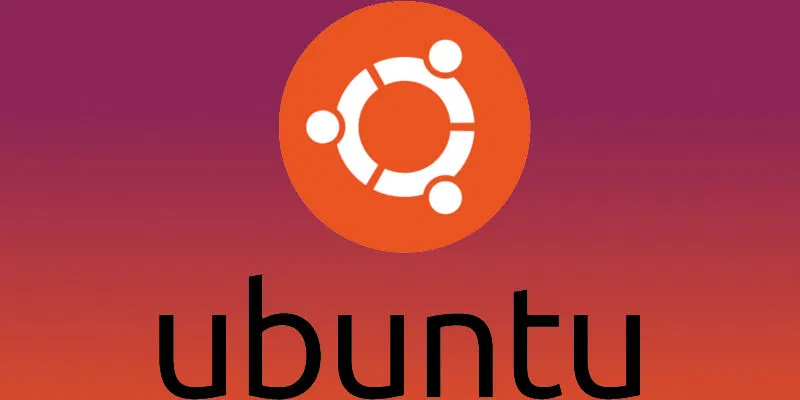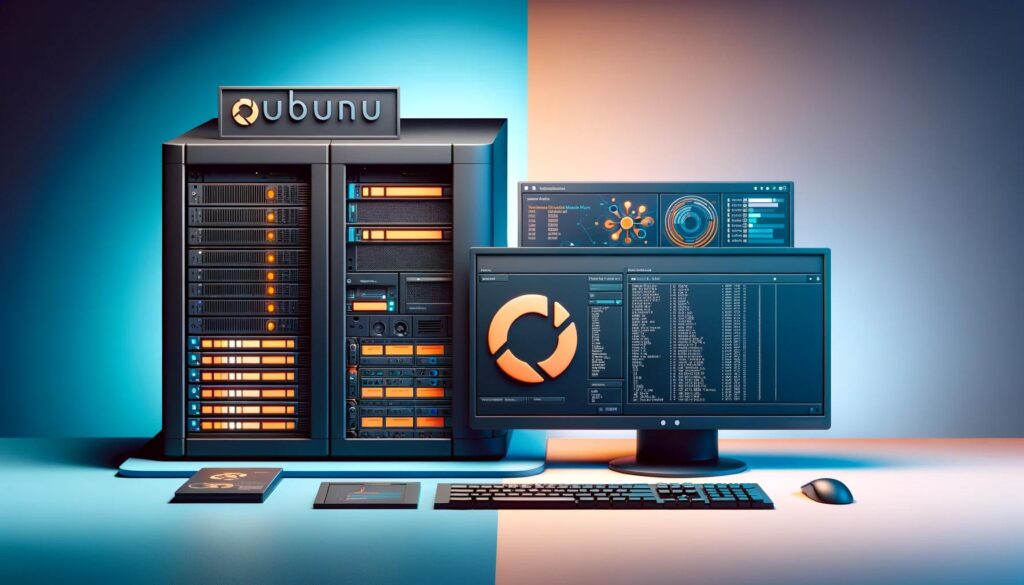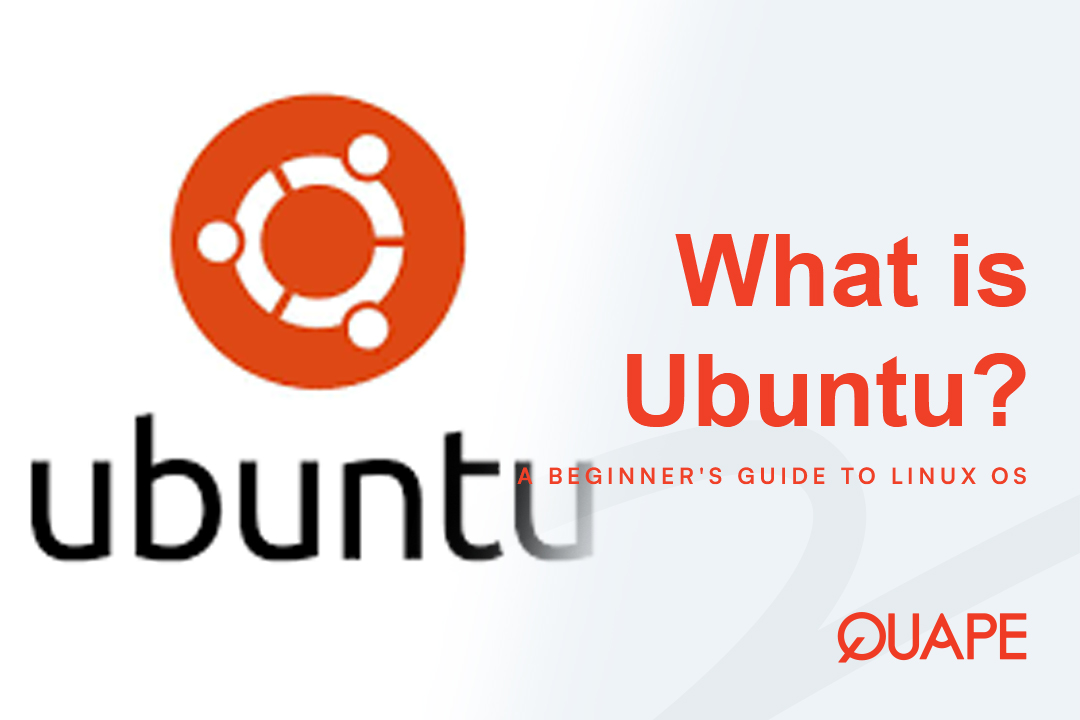If you’ve spent any time exploring different operating systems beyond Windows or macOS, you’ve likely heard of Ubuntu. It’s not just a technical buzzword; it’s one of the most popular and influential Linux distributions in the world. From powering millions of personal computers to running a significant portion of the internet’s web servers, Ubuntu has become a go-to choice for a wide range of users. But what is Ubuntu, and why has it achieved such a prominent status?
This guide will provide a clear, simple overview of Ubuntu, explaining its core features, major benefits, and why it’s an excellent choice for both desktop users and server environments.
Table of Contents
ToggleWhat is Ubuntu?

Ubuntu is a free, open-source operating system. The name comes from a South African philosophy meaning “humanity to others,” which reflects its core mission: to make computing accessible to everyone. It is based on Debian, a highly stable and reliable Linux distribution, but it adds its own enhancements, user-friendly interface, and a predictable release cycle.
Unlike Windows or macOS, you can download and use Ubuntu on your computer or server without any licensing fees. This open-source model allows for a vast community of developers and users who contribute to its development, documentation, and support.
Key Features and Benefits of Ubuntu
Ubuntu’s popularity stems from a perfect blend of user-friendliness, powerful features, and a strong community.
1. User-Friendly Interface (for Desktops)
For new users, the biggest hurdle with Linux is often the command line. Ubuntu’s desktop version, with its clean and intuitive interface, makes the transition from Windows or macOS seamless. The “GNOME” desktop environment is modern, easy to navigate, and comes pre-loaded with essential applications like a web browser (Firefox), an office suite (LibreOffice), and media players.
2. Security and Stability
Ubuntu is built on the robust Linux kernel, which is known for its security and stability. It is less susceptible to viruses and malware than more widely used operating systems. Regular security patches and updates are released frequently, ensuring your system remains protected from vulnerabilities. For server environments, this stability is essential for maintaining high uptime.
3. Extensive Software Repository
Ubuntu’s software ecosystem is massive. The “APT” package management system makes it incredibly easy to install, update, and manage software. With a few simple commands, you can access thousands of applications and tools from the official repositories. If you’re a developer, you’ll find that most programming languages, frameworks, and tools have excellent support for Ubuntu.
4. Strong Community and Commercial Support
Ubuntu is backed by Canonical, a commercial company that provides professional support and services. This gives it a unique advantage over other community-driven distributions. Additionally, its huge user base means you can find answers to almost any question in online forums, documentation, and tutorials. This makes troubleshooting and learning the OS much easier.
Ubuntu for Desktops vs Ubuntu Server

One of Ubuntu’s greatest strengths is its versatility. It’s available in two main versions tailored for different uses.
Ubuntu Desktop
This is the version designed for personal use. It includes a full graphical user interface, pre-installed applications, and is ideal for daily tasks like browsing the web, working with documents, and media consumption. It’s an excellent choice for students, developers, and anyone looking for a free and powerful alternative to commercial operating systems.
Ubuntu Server
This version is designed for backend infrastructure, powering web servers, cloud applications, and data centers. It comes with a minimal installation and no graphical interface (relying on the command line) to maximize performance and security. It’s a favorite among system administrators and hosting providers due to its stability, long-term support (LTS) releases, and regular security updates. Many popular web hosting control panels are fully compatible with Ubuntu Server, making it easy to manage your server.
Conclusion
Ubuntu has earned its reputation as a leading Linux distribution by making a powerful, secure, and reliable operating system accessible to everyone. Whether you’re a new user looking for an alternative desktop OS or a developer in need of a solid platform for your web server, Ubuntu offers a perfect blend of features, community support, and performance. Its versatility and commitment to open-source principles make it a top choice for a wide range of use cases.
Looking for a web hosting provider that gives you the power and flexibility to choose the right OS for your server? Quape, a leading web hosting and domain company in Singapore, offers high-performance VPS Hosting solutions that give you the freedom to choose your preferred Linux distribution. With Quape, you can select Ubuntu, CentOS, or Debian, and get a reliable, secure, and fast environment backed by our expert support. Explore Quape’s VPS hosting plans today and find the perfect OS for your website.
- How to Log In to WordPress Dashboard Easily - September 30, 2025
- Forgot WordPress Password? How to Reset It Easily - September 29, 2025
- How to Log In to cPanel Easily for Beginners - September 27, 2025



